Following the request for volunteers for the woodland regeneration project, there was an excellent response.
Read MoreOn Saturday 11th December, Matt Moss from High Weald AONB presented a day on deer management on the farm.
Read MoreCows don’t only naturally eat grass, they’ll often snack on hedges, trees and other shrubs that they can get to as well.
Read MoreFarm apprentice, Lou Ellerker, experiences silaging for a second year.
Read MoreBull calves are a contentious issue in the dairy industry. Herdsman, Robin Hall, explains how keeping dual purpose breeds gives value to these animals’ lives.
Read MoreMiriam is moving onto exciting pastures new. We’ll miss her but are looking forward to hearing about her future adventures!
Read MoreThe Spring House is nearing completion. We invite you to view it at the Spring House Open House days on 8th and 10th July, 10am-12pm.
Read MoreWe are increasingly talk about the weather becoming unpredictable, but Robin wonders if it always has been.
Read MoreThis year is very different to last in terms of the arable side on the farm.
Read MorePork and chicken are expensive meats for a farm to produce as they need to buy in feed. Perhaps we should focus on what grows best on grass, beef and lamb.
Read MoreOn Sunday 11th of April the milking cows were finally turned out to graze after living in the big barn for the winter.
Read MoreIn farming, sometimes it’s less about what you do, and more about what you don’t do. Tali explains how conservation on the farm is developing, and the exciting species she has already seen appearing.
Read MoreRobin and Maya went on an AI course recently which means they can now carry out this important work in-house.
Read MoreThe story of how raw milk became a novel product reveals much about the evolution of our food systems. Robin Hall, Herdsman, tells the story of how processed milk came about. However, the advances in science of the 20th and 21st Centuries and rigorous hygiene and testing mean that raw milk is safe and arguably more nutritious than it’s processed counterpart.
Read MoreThe Hungry Gap. The period at the beginning of the year when the cold, grey days mean little grows and little thrives. It’s time to rely on the roots in the store from autumn as we wait and look forward to warmer longer days and the promise of leafy greens and salad crops.
Read MoreThe ewes have been scanned and we’re expecting 109 lambs in six weeks! This year, Gala put our two new Shetland, Icelandic and Poll Dorset cross rams in with some of the flock, so we’re all excited to see their multicoloured lambs.
Read MoreWhen we think of seasonal produce we tend to think of tomatoes, rather than milk. However, the amount of milk a cow produces is very dependent on the food they are eating; this is especially true for our Meuse-Rhine-Issel cows.
Read MoreJenny Thornhill, shop manager, takes us on a whistle stop tour of all her updates. A bit on the success of Christmas, an update on the Spring House build and where we are with our ‘out of plastic and into glass’ project, a bit on Covid, and the ongoing support of the food bank. There’s always plenty to talk about!
Read MoreIn the many debates that erupt every January about food it can be easy to forget that farmers are people and that they eat too. Gala Bailey-Barker, shepherd of the Plaw Hatch Flock, doesn’t eat meat when she’s not cooking at home unless she know where it has come from. In her words “I choose to eat meat and would always rather eat an animal I have known than one I haven’t.”
Read MoreMade by hand on New Year’s Eve, the Three Kings Preparation is named for the Gold, Frankincense and Myrrh it contains. It is traditionally spread on the boundaries of the farm on Epiphany, January 6th.
Read More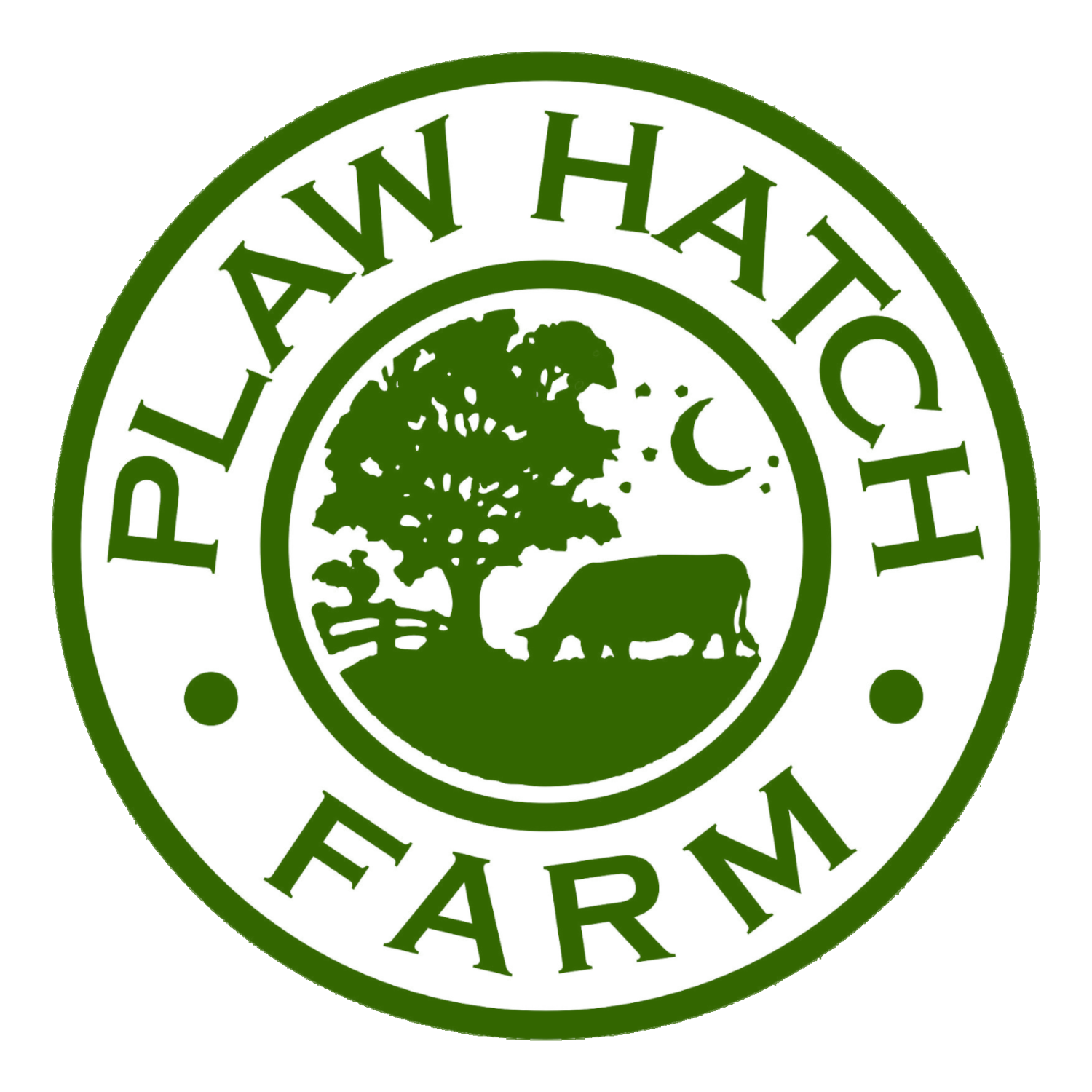



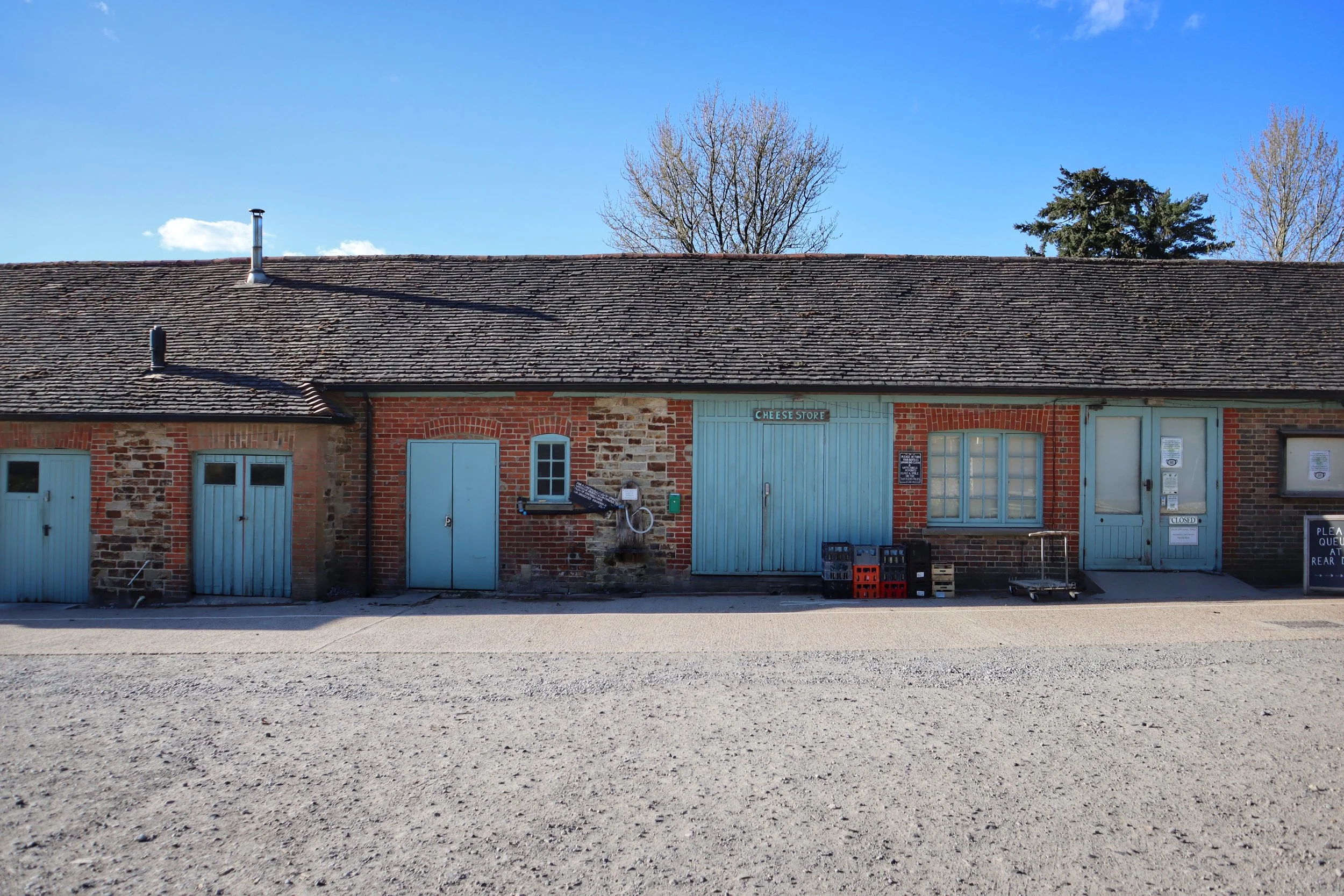


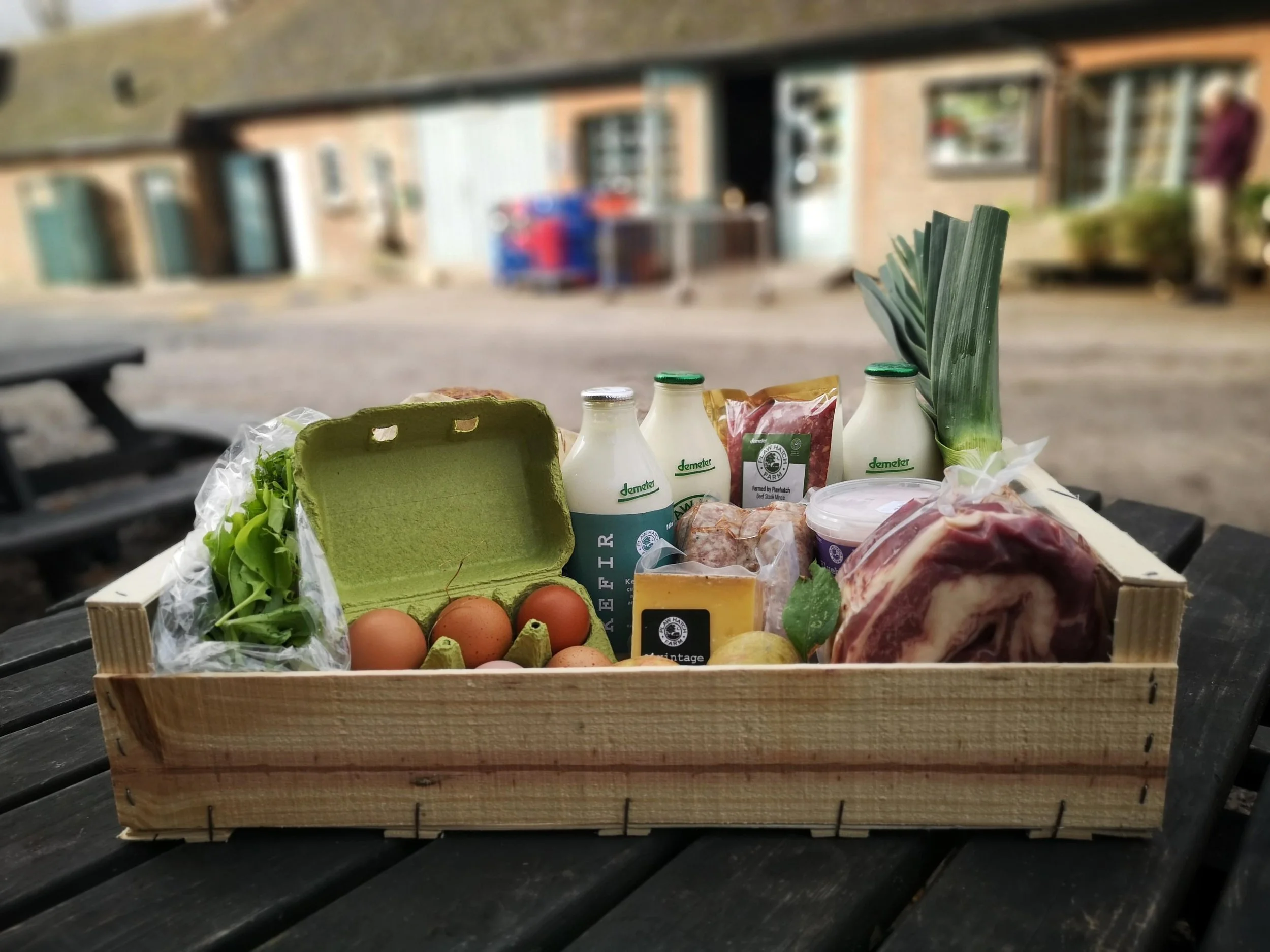





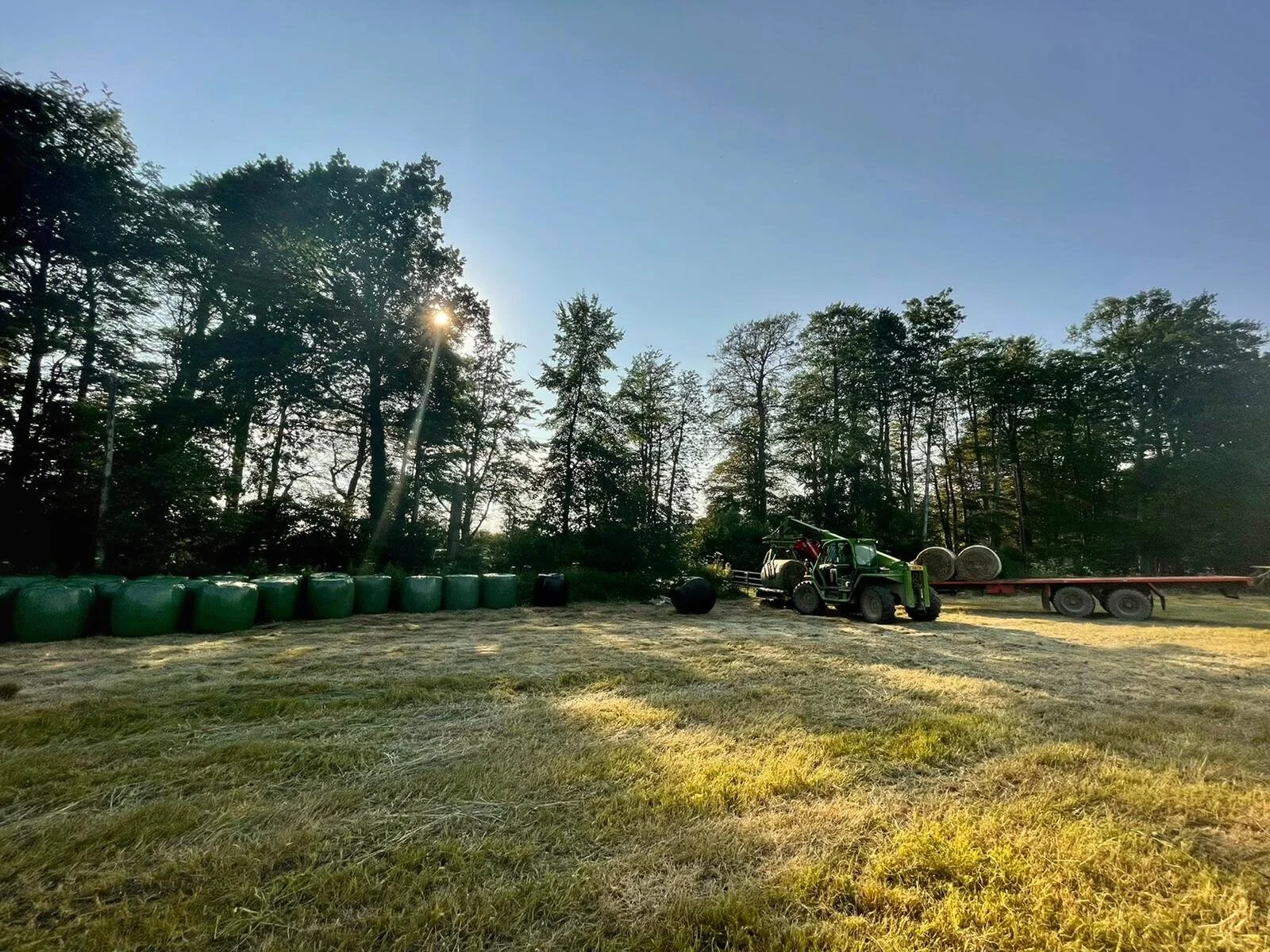
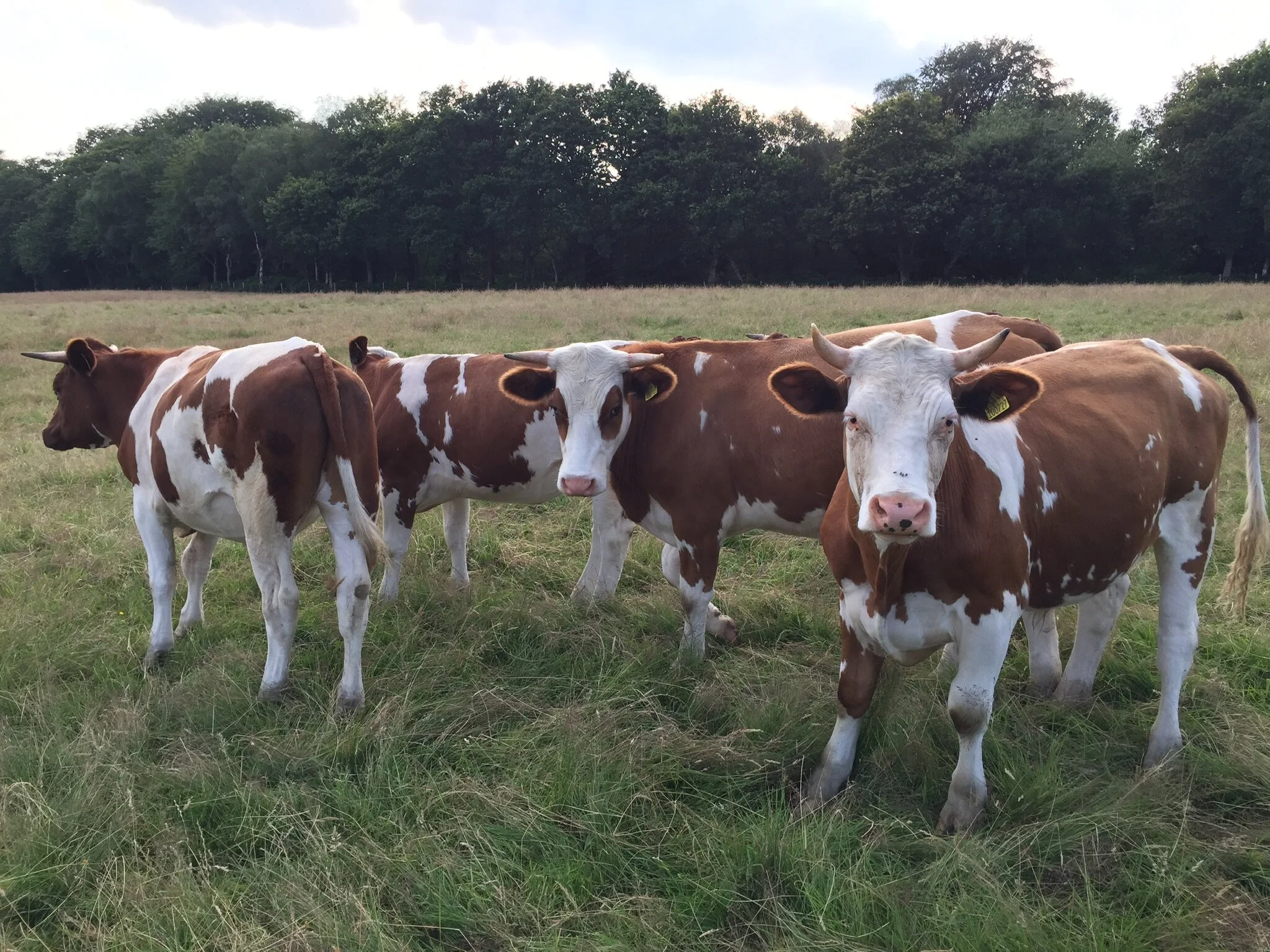


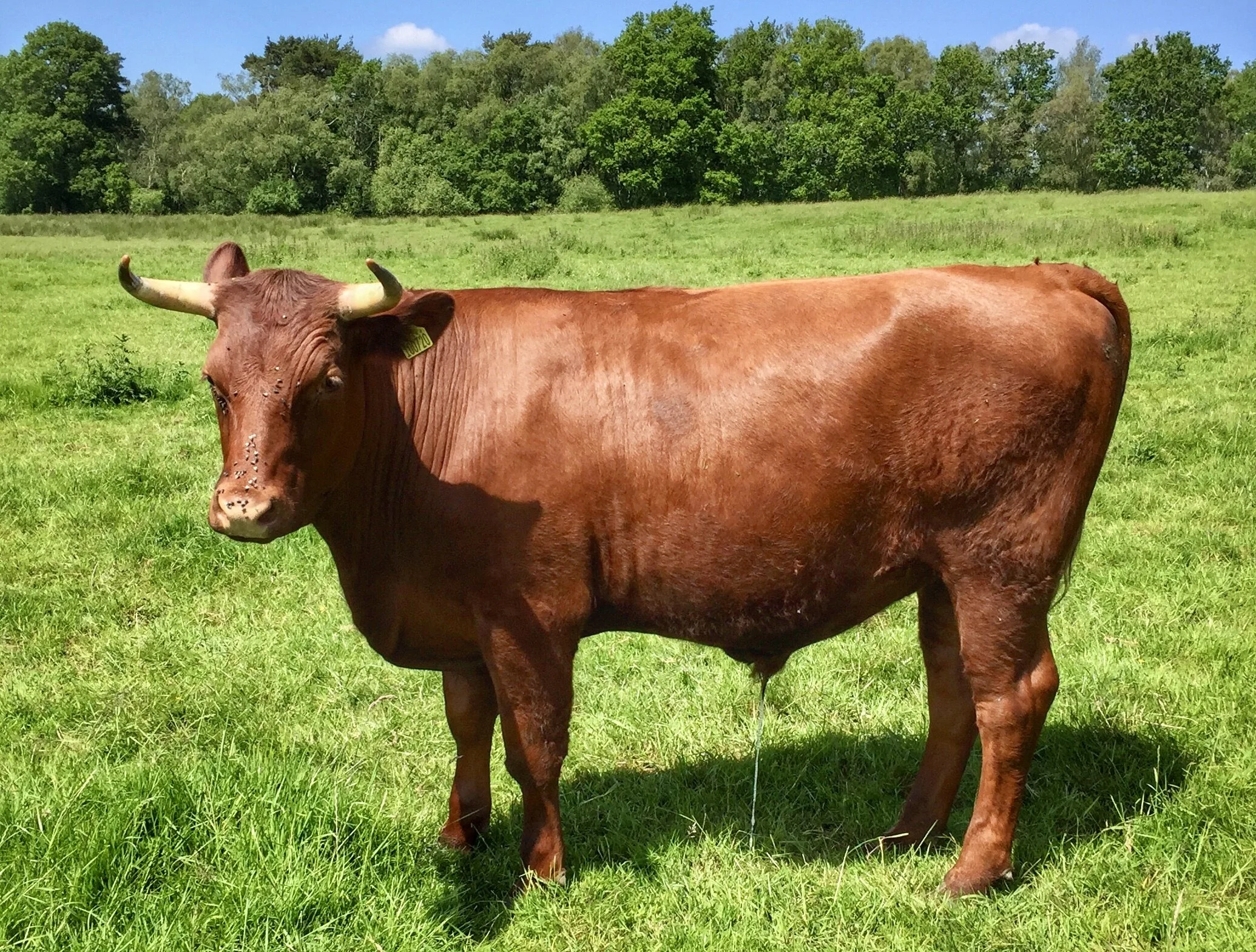
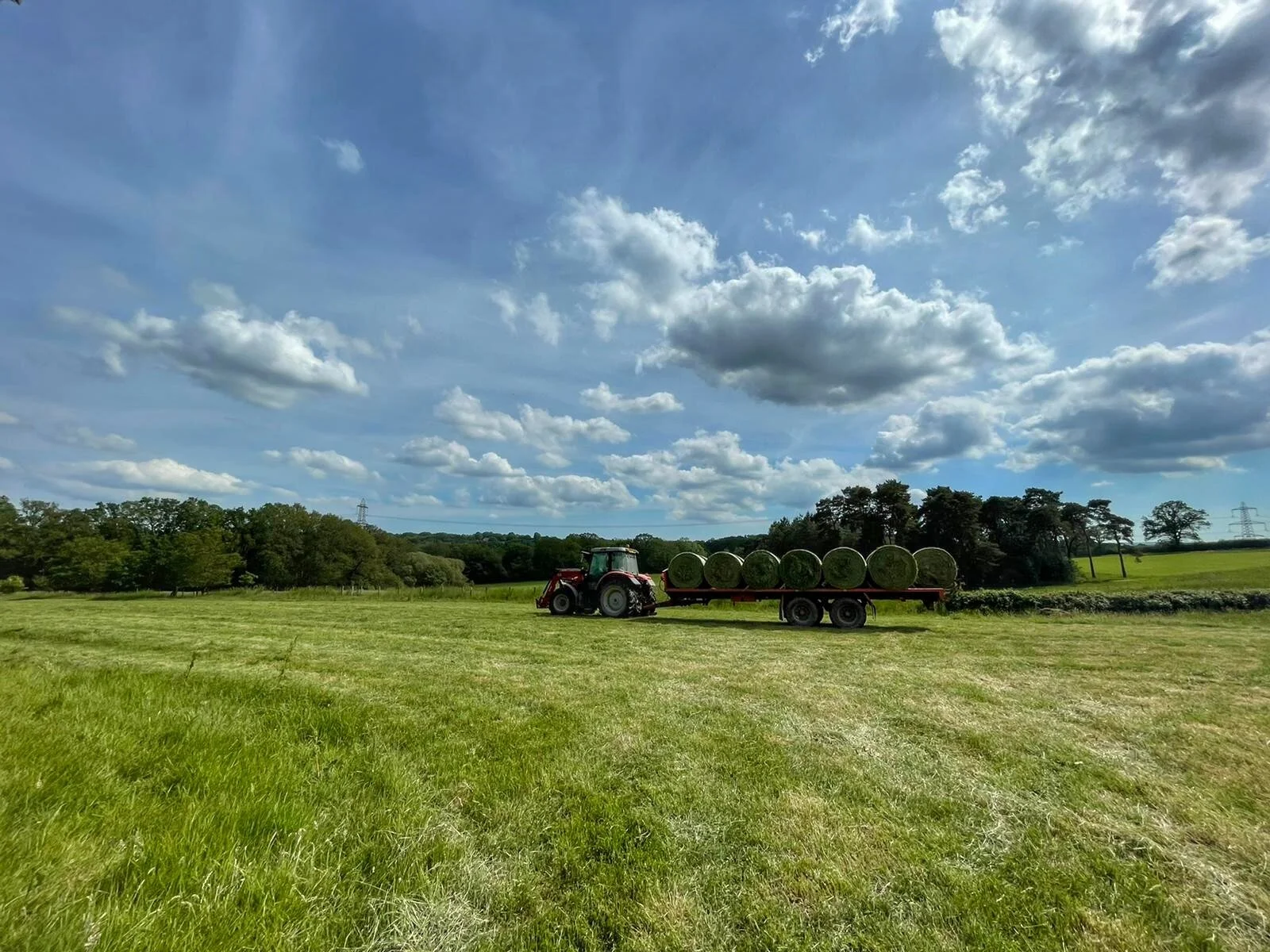
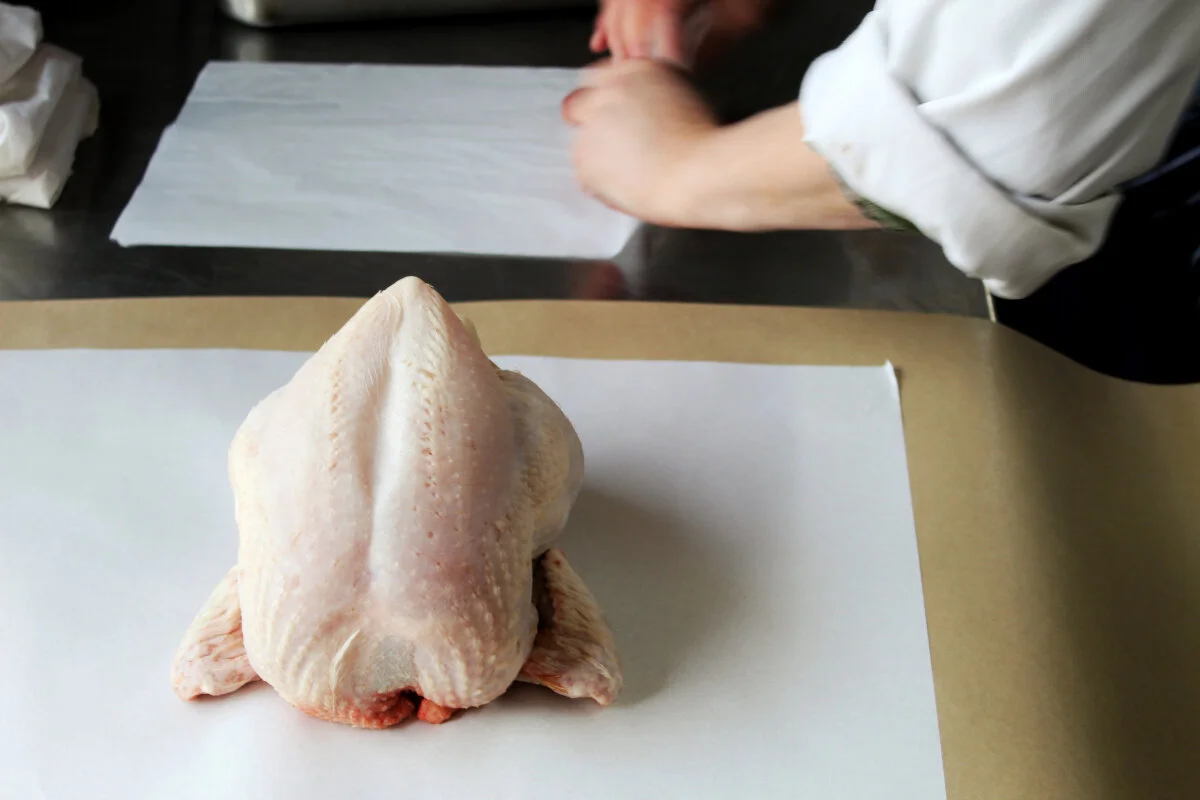
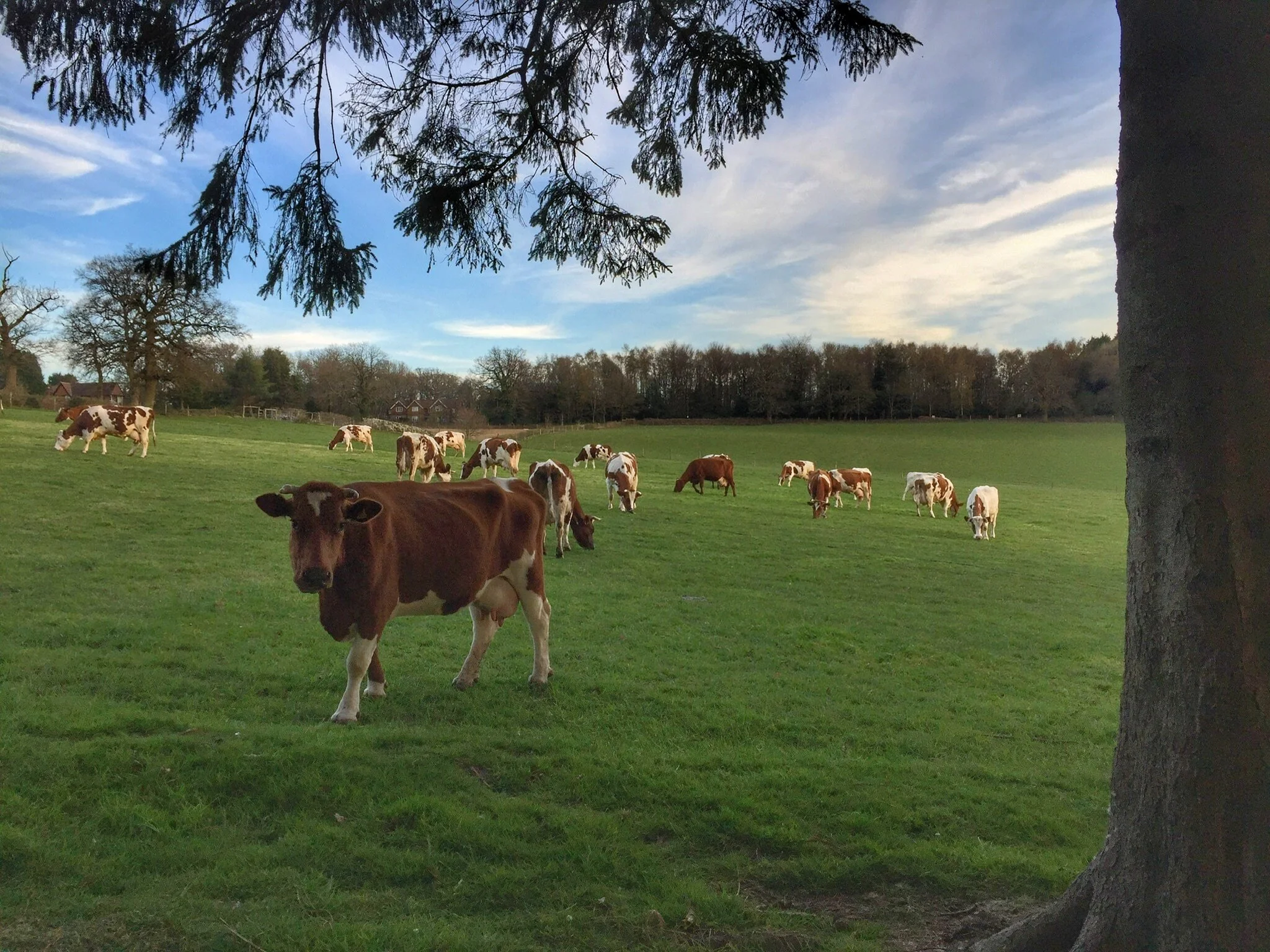



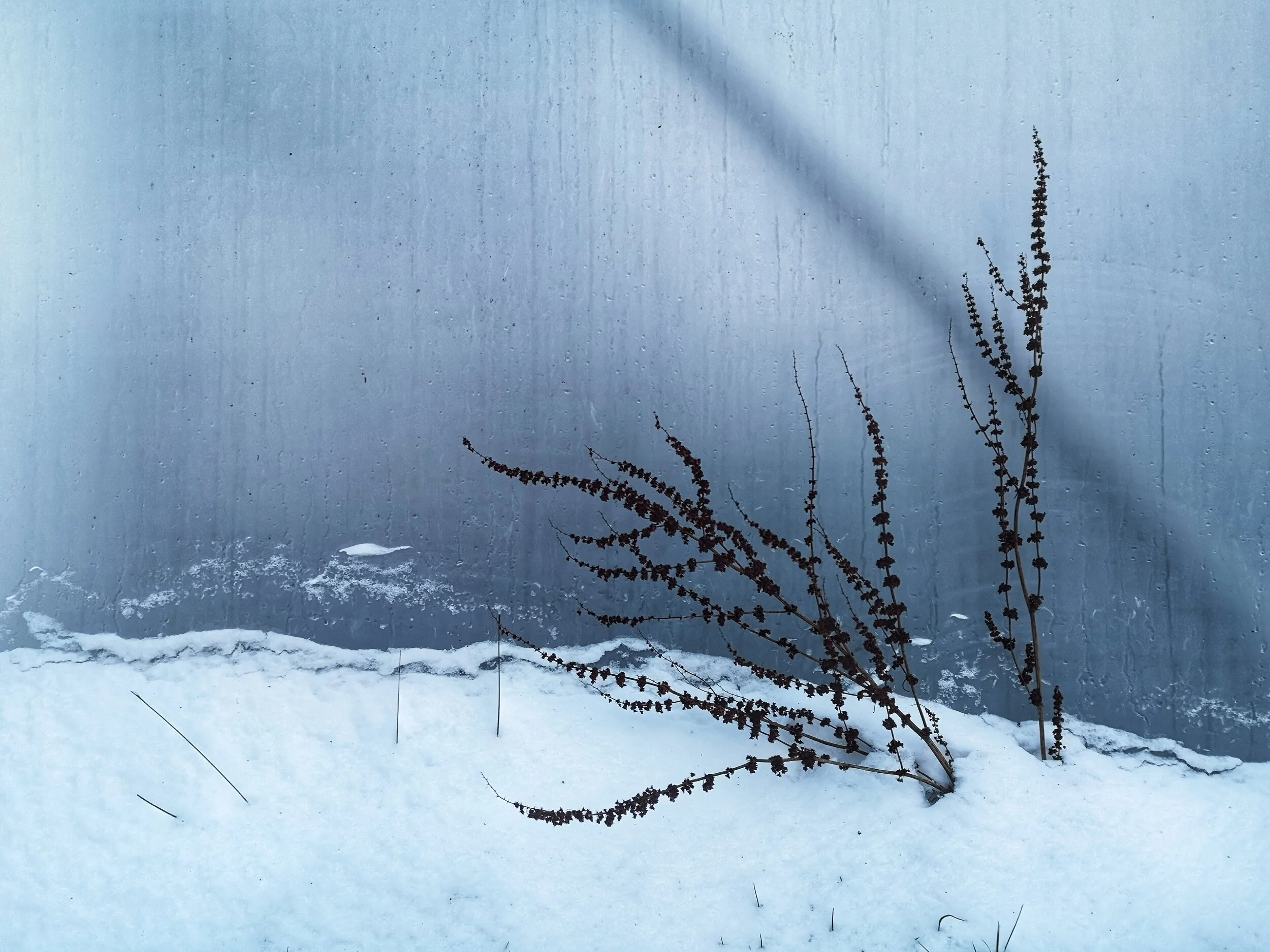
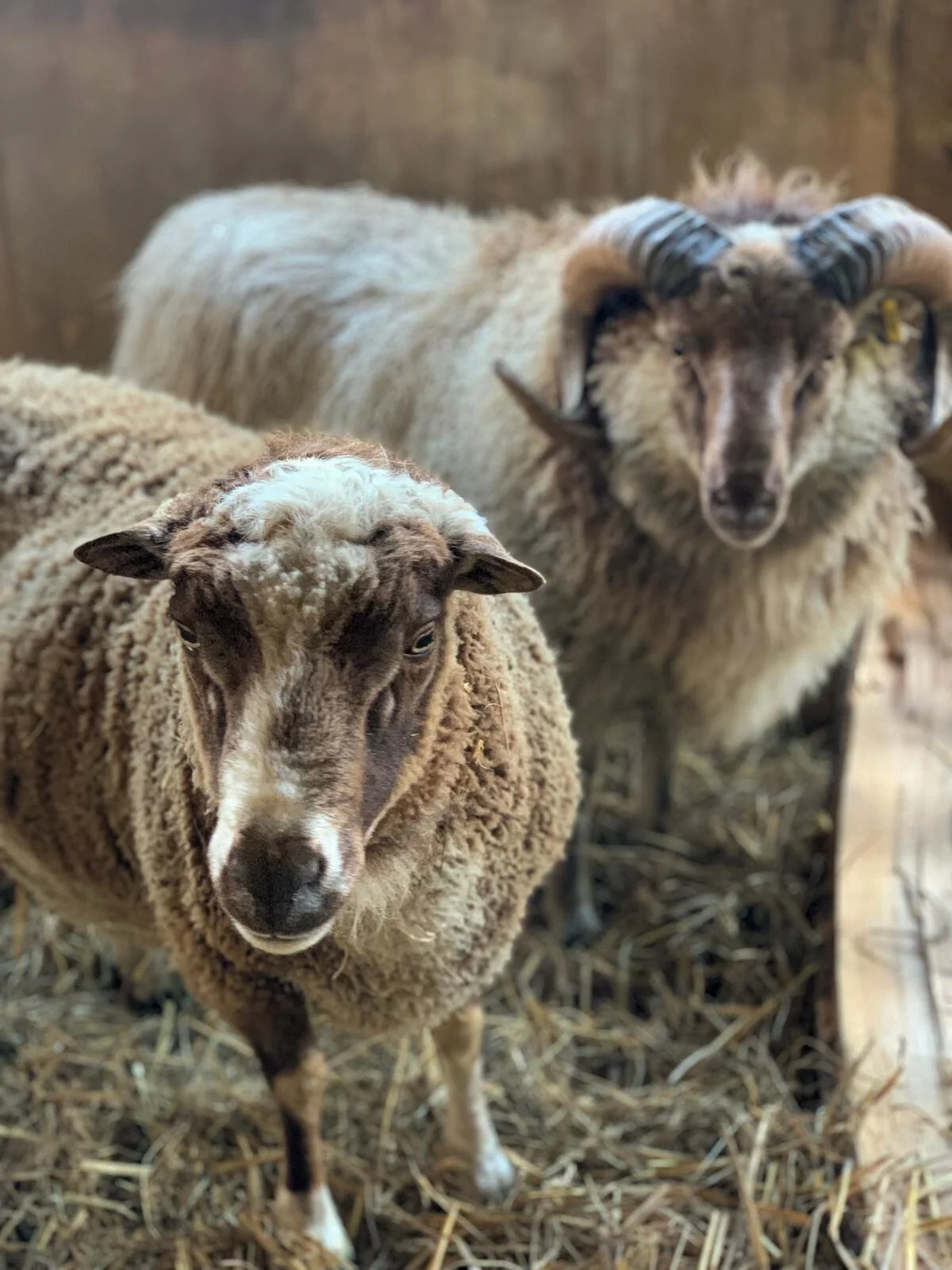




What we’re doing for our cows and customers.